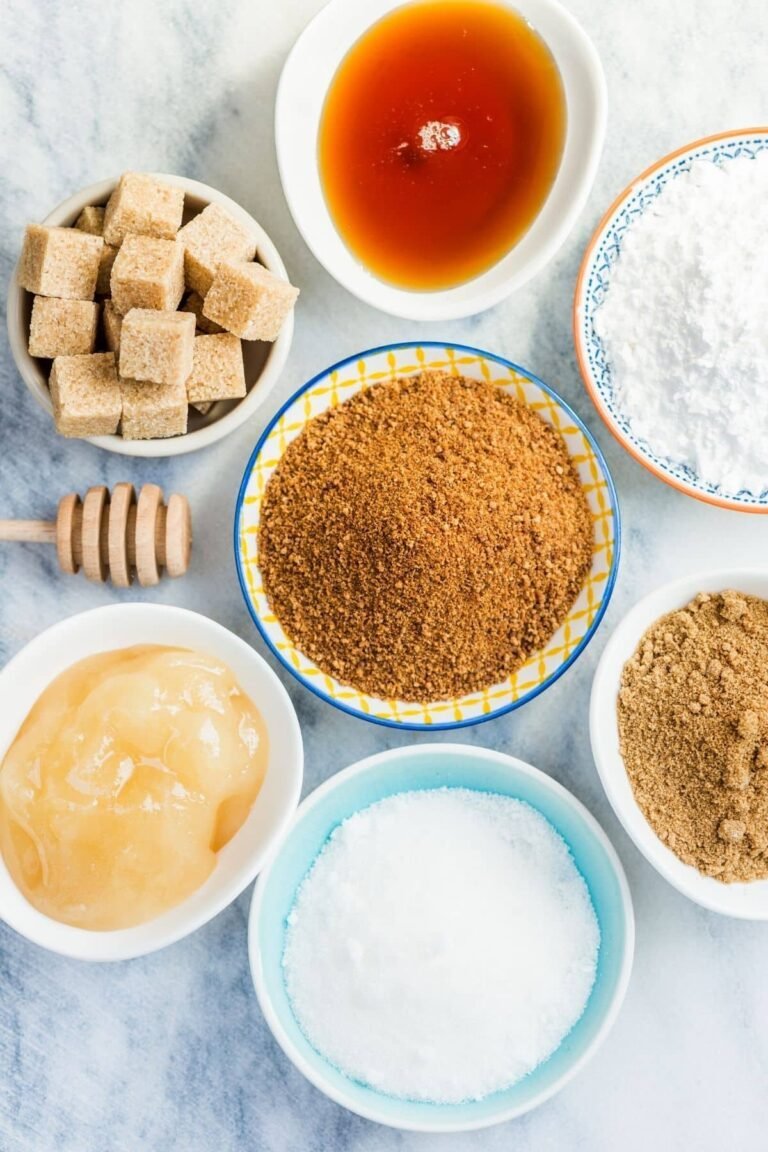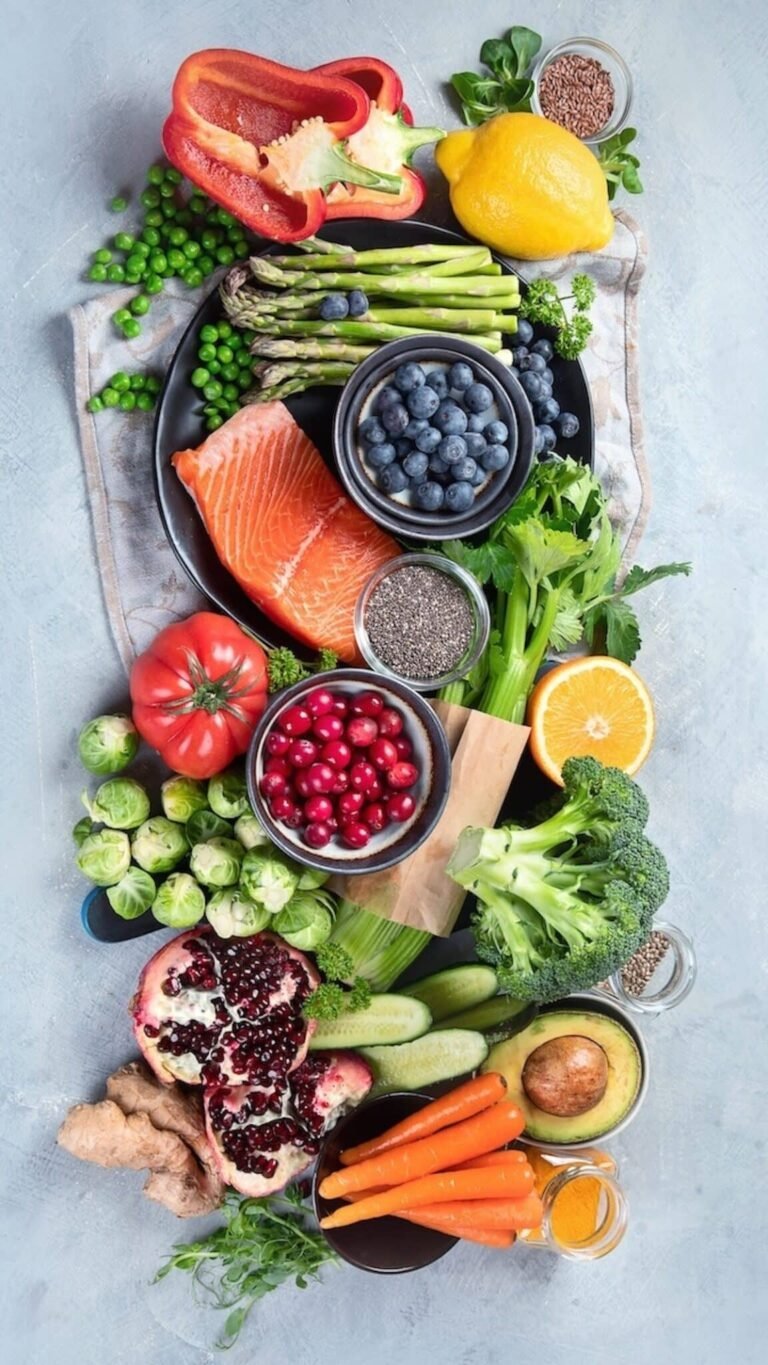Best Juicer for Cleanse
Juicing has become a popular trend for health-conscious individuals looking to boost their nutrition and cleanse their bodies. But with so many juicers on the market, it can be overwhelming to know which one is right for you. In this guide, we break down the different types of juicers and help you find the best option for your lifestyle and budget.
What is Juicing?
Juicing involves extracting the liquid from fruits and vegetables to create a nutrient-rich beverage. While some people undertake juice cleanses as a strict diet, others simply incorporate fresh juices into their daily routine for added nutrition.
Types of Juicers
- Centrifugal Juicer ($50-$100): These juicers are affordable and easy to use, making them ideal for occasional juicers or those on a budget. However, they are loud, less efficient with greens, and may cause oxidation due to heat generation.
- Masticating Juicer ($250-$400): Masticating juicers yield fresher, tastier juice with low oxidation. They can juice both hard and soft produce, making them suitable for regular juicers. Although slower and pricier, they offer higher nutrient retention.
- Juicing in a Blender: High-speed blenders like Vitamix or Blendtec can also be used for juicing. While convenient, this method may not yield the same quality of juice as dedicated juicers.
- Cold Press Juicer ($1,800+): Cold press juicers are the pinnacle of juicing technology, offering optimal nutrition retention. However, they come with a hefty price tag and are best suited for commercial use or specific medical needs.
Choosing the Right Juicer
- Budget: Consider how much you’re willing to spend on a juicer. While centrifugal juicers are more affordable, masticating juicers offer better nutrient retention.
- Frequency: If you plan to juice regularly, invest in a masticating juicer for higher-quality juice.
- Nutrient Retention: Cold press juicers provide the highest level of nutrient retention, but they are expensive and may not be necessary for everyone.
Conclusion
Juicing can be a beneficial addition to a healthy lifestyle, providing a convenient way to consume more fruits and vegetables. When choosing a juicer, consider your budget, juicing frequency, and desired nutrient retention. Whether you opt for a centrifugal, masticating, or cold press juicer, the key is to find a juicing method that works best for you.
FAQ
1. Can I use a blender for juicing?
Yes, high-speed blenders like Vitamix or Blendtec can be used for juicing by blending fruits and vegetables and then straining the pulp through a nut milk bag.
2. Are cold press juicers worth the investment?
Cold press juicers offer the highest level of nutrient retention but come with a high price tag. They are best suited for commercial use or specific medical needs.
3. How long does juice last?
Freshly made juice is best consumed within 24 hours to maximize its nutrient content. After that, it may start to lose its freshness and nutritional value






